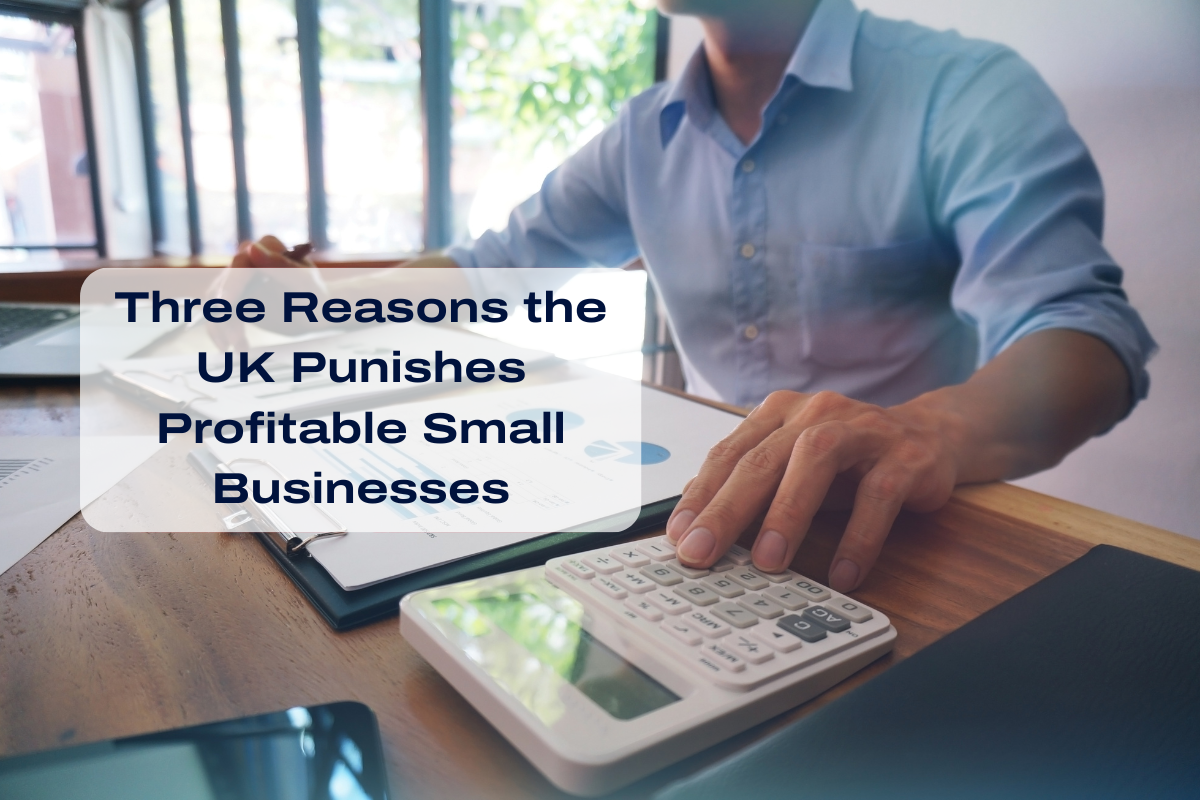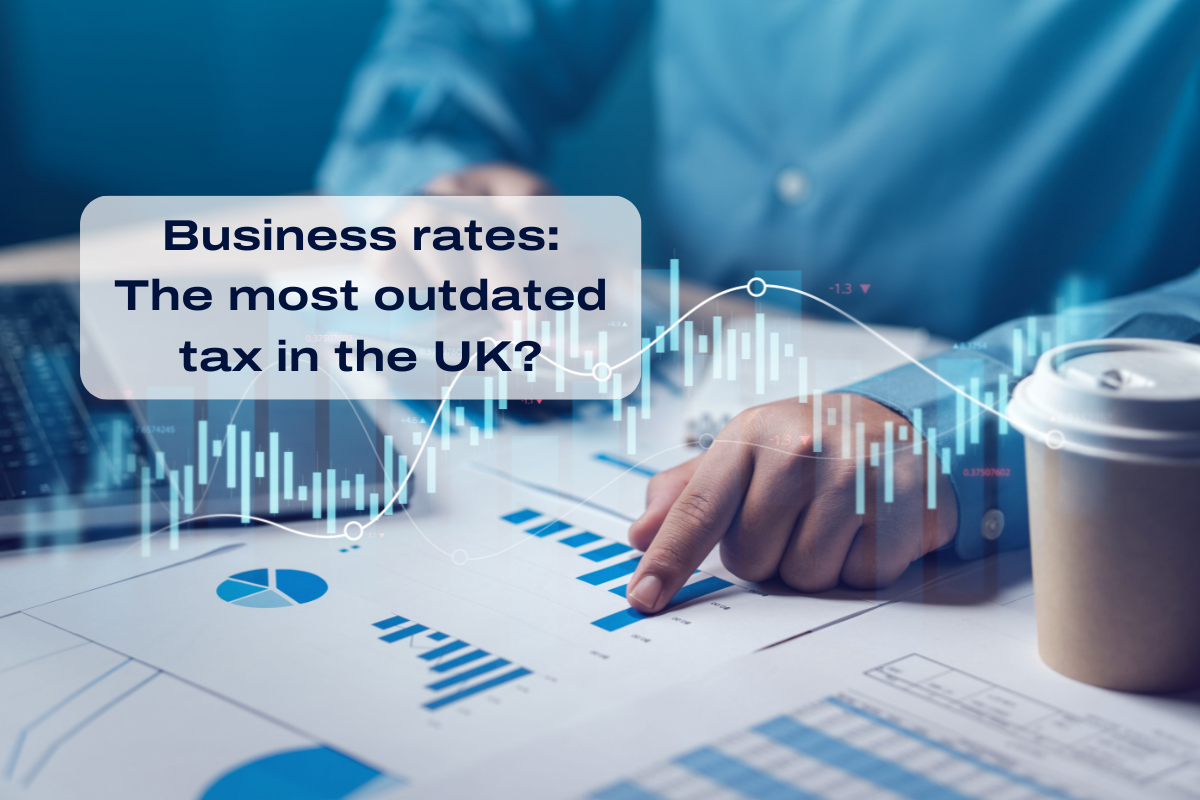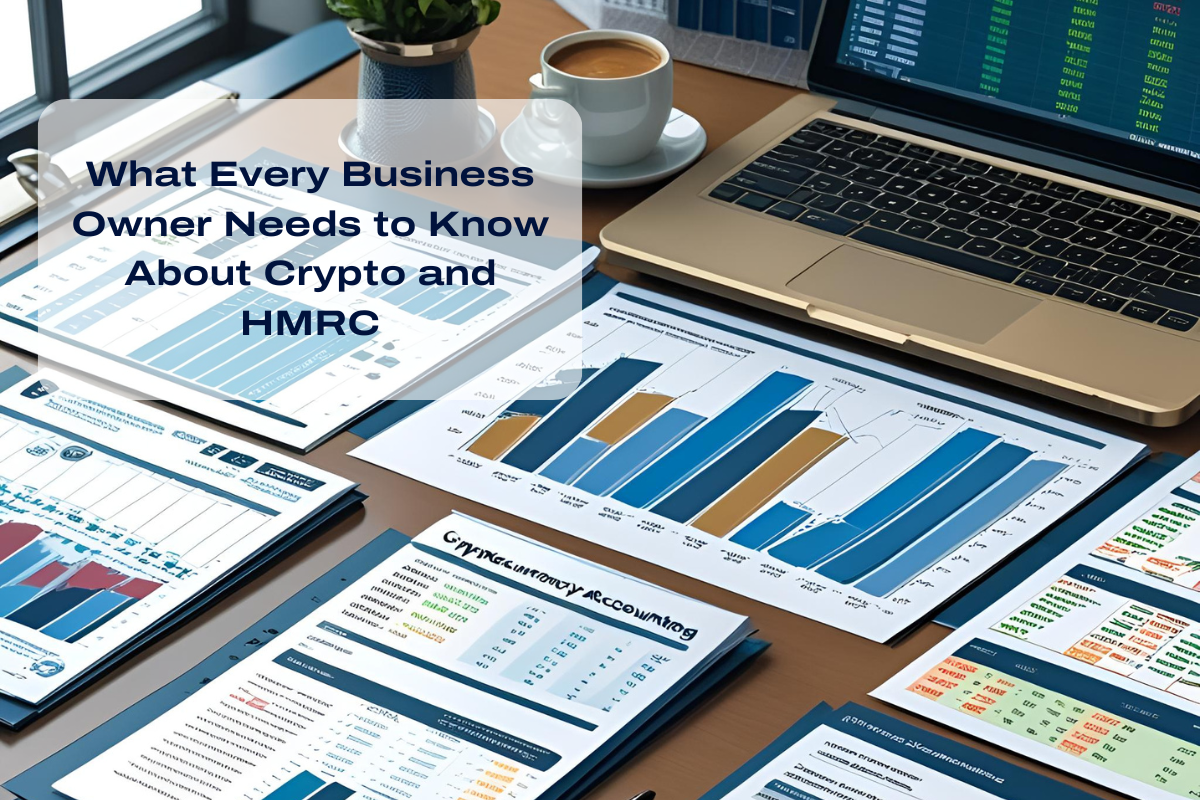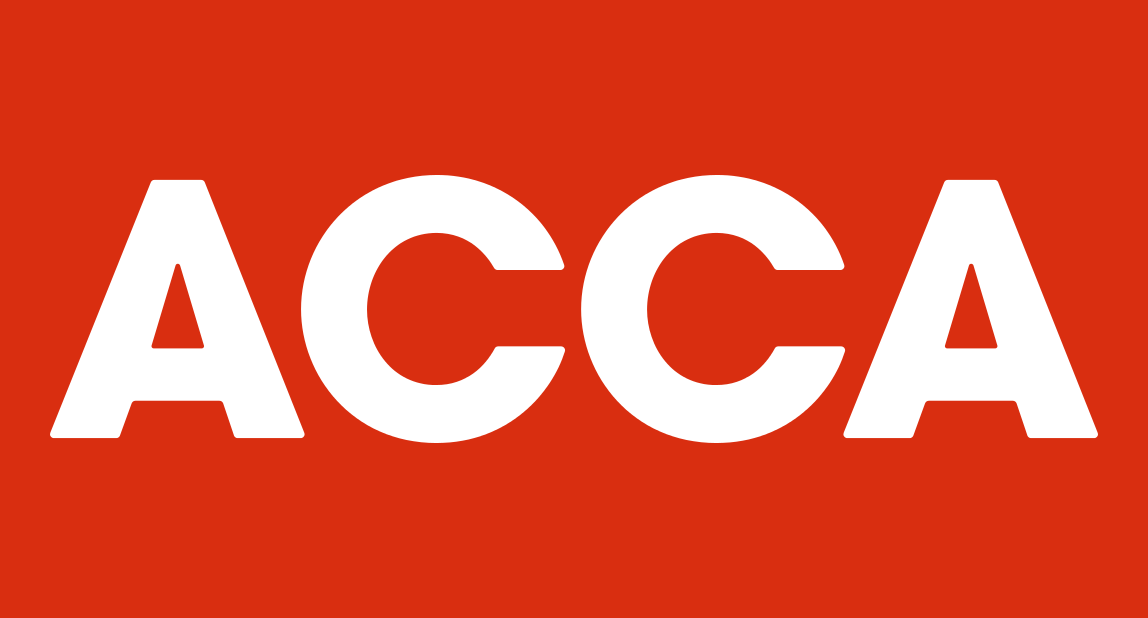Knowledge Portal: Managing Business Finances and more
CHRIS BARNARD November 12, 2025
This is a subtitle for your new post
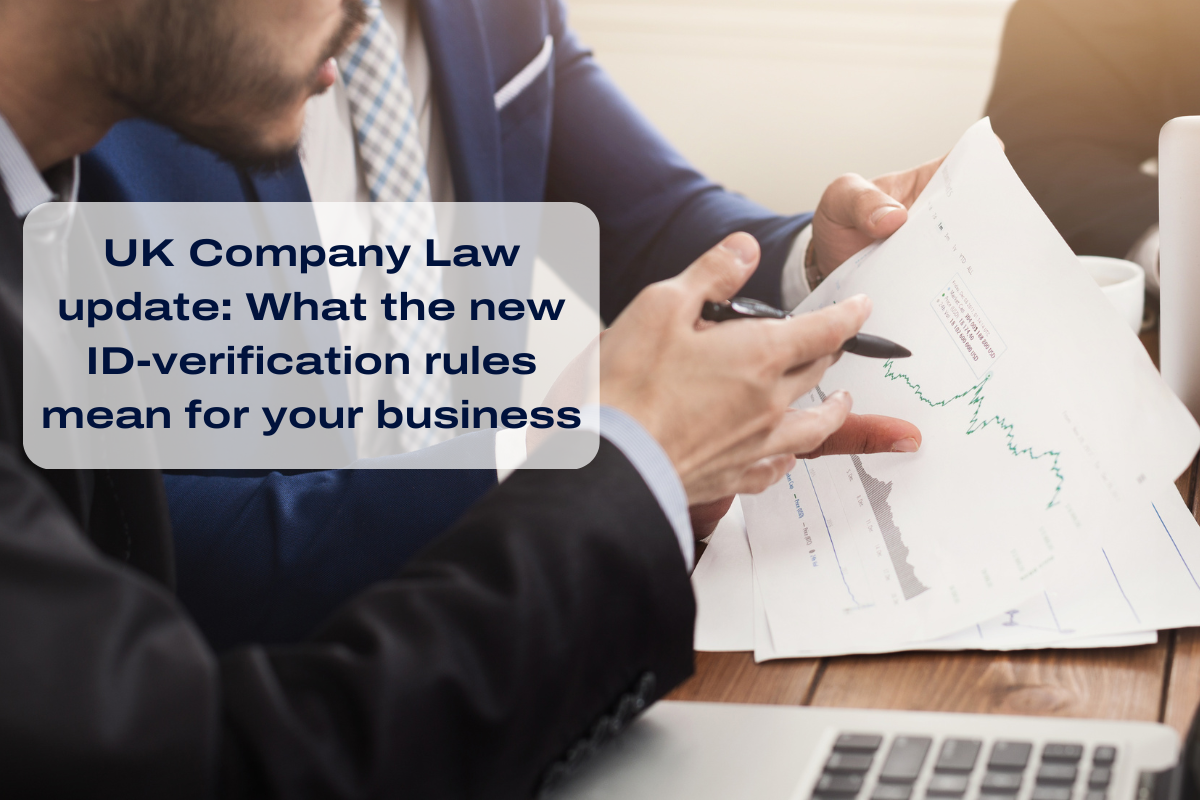
Starting 18th November 2025, Companies House will roll out new identity-verification (IDV) checks for company directors and anyone with significant control (PSCs). It’s one of the biggest shake-ups to UK company law in years. It means every business, from startups to established firms, will need to make sure their key people are properly verified.
The goal? To make the register more transparent and trustworthy, so in theory we’ll see less people hiding behind made-up names like “Taylor Swift Ltd” or “Elon Musk Holdings”.
Click here for further information
What’s changing - and why
The Economic Crime and Corporate Transparency Act 2023 (ECCTA) set out to make UK company information more reliable and harder to abuse. In short, the government wants to clean up the register and make it crystal clear who’s really behind each business.
That’s where the new ID verification rules come in.
Here’s what’s happening:
- From 18th November 2025, anyone becoming a new director or a person with significant control (PSC) will need to verify their identity
before or
when they’re appointed.
- Existing directors and PSCs will also have to verify, but they’ll get a 12-month transition period, usually tied to their next confirmation statement.
- Once verified, each person gets a unique personal code from Companies House. You’ll need this code whenever you link your verified ID to a company role.
- For PSCs, there’s a 14-day window to link their personal code to their role once verification becomes mandatory.
- At the same time, Companies House is scrapping most local statutory registers (for directors, PSCs and secretaries). The official Companies House register will now be the main, central record.
Why it matters:
These changes raise the bar for compliance. If directors or PSCs don’t verify in time, Companies House can block appointments, reject filings or, in serious cases, issue penalties or even disqualifications.
What your business should do now
To avoid last-minute headaches, here’s how to get ahead of the changes:
1. Make a list of everyone who needs to verify.
Pull together your directors, PSCs and (if relevant) LLP members. Record their details including names, roles, appointment dates and your next confirmation statement deadline.
2. Encourage early verification.
Don’t wait until the rush. Although it becomes mandatory from 18th November, anyone can verify early through GOV.UK One Login (online or via the app), or through an Authorised Corporate Service Provider (ACSP) i.e. an approved agent such as an accountant or company formation service.
3. Keep personal codes safe.
Once verified, each person will receive an 11-character personal code. Set up a simple system for storing these securely and tracking who’s linked to which company role.
4. Review your filing and secretarial processes.
Double-check which of your filings will need a verification code e.g. things like new director appointments or confirmation statements. If someone files on your behalf, make sure they’re an authorised ACSP who can verify and link information correctly.
5. Update your policies and risk checks.
Add reminders for key deadlines and confirmation statement dates. Failing to verify could mean blocked filings or late penalties. If you have overseas directors or PSCs, address this early as they may face additional verification steps.
6. Refresh your statutory records.
From November 2025, most local registers of directors and PSCs will no longer be required. Make sure your records are up to date and that you transition smoothly to using the central Companies House register, especially if you already opted to keep a central register in the past.
Who’s affected? And when do you need to act?
The short answer? Pretty much every company in the UK.
Whether you’re setting up a brand-new business or running a long-established firm, the new verification rules apply to you - and everyone with control over your company. Here’s what that looks like in practice:
- New directors appointed on or after 18th November 2025 will need to verify their identity
before they’re officially appointed.
- New PSCs (People with Significant Control) will have to verify their identity
within 14 days of being added to the company record.
- Existing directors and PSCs don’t escape either. They’ll need to complete verification within 12 months of the start date, usually linked to their next confirmation statement.
If you have directors or shareholders based overseas, this is especially important. The ID checks must meet UK verification standards, which could take longer if passports or documents need to be submitted digitally or through an authorised agent.
Key Dates to Keep in Mind
- 18th November 2025. The new verification rules officially go live.
- Up to November 2026. The 12-month transition window for existing directors and PSCs.
- 14 days for new PSCs. Once notified, they have just two weeks to link their verified identity.
Our advice? Don’t wait until Companies House starts sending reminders. The verification process is simple enough now, but once November hits, everyone will be trying to do it at once, and the system is bound to get busy.
If you’re unsure who in your company needs to verify or how to handle overseas directors, talk to us. We can guide you through the process and make sure your business is fully compliant before the deadline rush.
Why it matters
At first glance, ID verification might sound like just another admin hurdle, but it’s actually a big deal for UK companies.
The new rules are all about building trust in the Companies House register. Over the years, too many fake or misleading entries have slipped through - from made-up directors to businesses registered under false identities. The government wants to close those loopholes and make sure that every name on the register belongs to a real, verified person.
For genuine businesses, that’s a positive step. It means a cleaner, more credible register and less chance of your company being impersonated or misused.
But there’s a flip side: if you or your directors don’t verify in time, Companies House can block key filings, reject new appointments, or even stop you from submitting your confirmation statement. In more serious cases, fines or disqualification could follow.
The verification process is simple, but ignoring it could quickly turn into a serious compliance issue.
The good news? With a little preparation now, you can have everything verified well before the deadline and carry on business as usual.
How we can help
If you wish we can take care of the verification process for you as we are an Authorised Corporate Service Provider (ACSP).
- This service will be covered under a separate engagement at a fee of £50 plus VAT.
- There’s no obligation to use our service - you can complete the process yourself directly with Companies House for free if you prefer.
- If you verify directly, please send us your Companies House personal code once complete so we can keep it on file for your future filings.
If you have any questions about the process or would like us to handle it for you, just let us know - we’re happy to help.
FAQs
When does the new identity verification requirement begin?
The base date is 18th November 2025. From that date, mandatory verification begins for new directors and new PSCs. Existing directors/PSCs will follow within a 12-month window tied to their company’s next confirmation statement.
What happens if a director or PSC fails to verify?
Non-compliance may lead to Companies House refusing to accept a filing (e.g., company incorporation, director appointment), the individual acting without legal authorisation (which may be an offence), and potential enforcement, including fines or disqualification.
How do individuals verify their identity?
Verification can be done via:
- GOV.UK One Login: uses passport/driving licence/photo ID or the ID Checking App or at the Post Office; or
- Via an Authorised Corporate Service Provider (ACSP) who carries out the check on behalf of the individual.
Do they need to verify again for each company role they hold?
No. Once an individual’s identity is verified and they receive a personal code, they can use the same code for each company role. However, they must still link the role by providing the code and the verification statement when necessary.
My company keeps local statutory registers - do we still need them?
From 18th November 2025, companies will no longer be required to maintain local registers of directors, secretaries or PSCs in many cases. Instead, the Companies House register becomes the principal record. However, the register of members (shareholders) remains a local register for private companies.
What about companies with overseas directors or non-UK residents?
The requirements apply to individuals acting as directors or PSCs of UK companies (or UK establishments of overseas companies). Companies with non-UK-resident directors/PSCs should review documentation and whether the verification routes (which may require UK ID) accommodate them.
